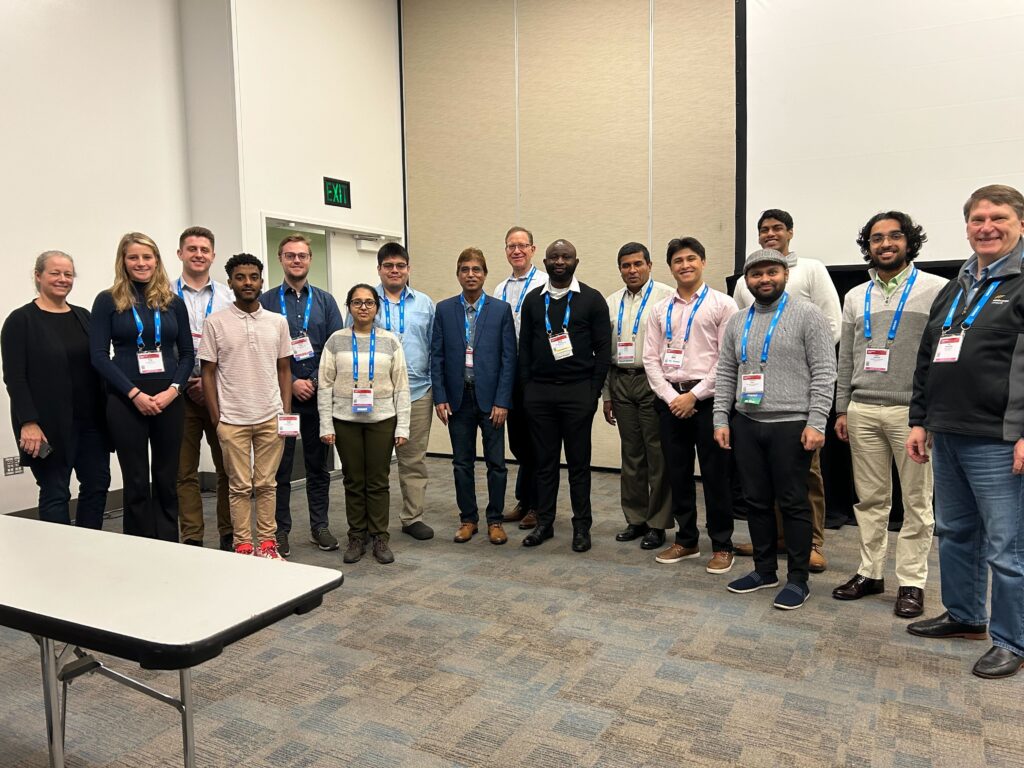This January, a regional I-Corps cohort comprised of optics and photonics researchers traveled to San Francisco to explore the market potential of their innovations at SPIE Photonics West, a convention that brings together researchers, engineers, and industry leaders to learn about the latest updates in light-based technologies.
The trip was the culmination of a regional I-Corps course led by the Interior Northeast I-Corps Hub that started with two weeks of virtual training in customer discovery – a methodology which helps innovators gauge customer needs, and determine whether their innovation could make a successful product on the market.
At Photonics West, the course participants focused on conducting interviews to gather evidence about their potential customers’ most urgent issues and needs. They also benefited from additional on-site training sessions.
Course instructors Mike Riedlinger from the University of Rochester and Caroline Cannon from Dartmouth College guided eight innovative teams through this exploratory process:
- Image Revolution (Debamitra Chakraborty and Siladitya Khan – University of Rochester) is developing Matched Filter Design (MFD) technology to improve the quality of medical images.
- Wef (Gideon Kassa – Dartmouth College) is leveraging a novel photovoltaic material and a new graph neural network machine for improved solar energy visuals.
- VAPGuard (Aditya Gunturi, Mathew Stephen, and Aashay Mardikar – University of Rochester) is creating an LED mouthguard to combat bacteria associated with ventilator-associated pneumonia.
- NextGenQR (Irving Barron and Guarav Sharma – University of Rochester) is developing modular innovations in QR technology that increase the data carrying capacity of QR codes.
- Fossum Advanced Camera Lab (Nicholas Shade – Dartmouth College) is improving image sensor capabilities of space missions.
- DoseOptics (Megan Clark and Roman Vasyltsiv – Dartmouth College) is creating a device with better patient-specific quality assurance in radiotherapy.
- Md Abdus Subhan (University of Rochester) is detecting and inhibiting pathogens using metal oxide-based nanomaterials.
- Laser Focused (Jideofor Odoeze and Doug Hall – Notre Dame University) is employing deep-etched waveguides to develop high beam quality lasers that don’t require complex integrated mode converters or external optics.
“Talking to potential customers is the best way to know if our approach to commercialize our technologies is on the right track,” said Irving Barron, co-founder of NextGenQR. “Consequently, we are now exploring ways to tailor our value proposition to meet the needs of these newly identified segments more effectively.”
After attending the conference and conducting their customer interviews, the teams evaluate the results of their discovery process, then convene virtually for a final meeting to present their findings and receive additional insights and coaching from the program instructors.
Teams are given more information about the I-Corps National Teams program, which leads participants through seven weeks of entrepreneurship training, over 100 more customer interviews, and up to $50,000 to further evaluate the market potential of their research. The program also prepares participants to apply for non-dilutive SBIR/STTR research grants from federal agencies.
IN I-Corps offers several hybrid, industry-specific regional courses a year. Each course spans about one month and includes virtual training sessions followed by sponsored customer discovery travel to a relevant industry conference — an excellent opportunity for innovators to connect in person with potential customers and learn more about their industry.


